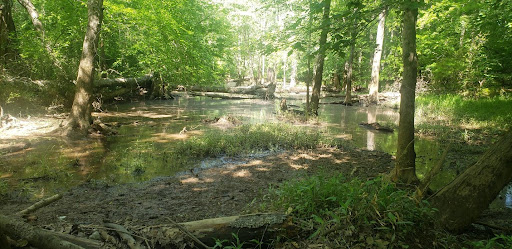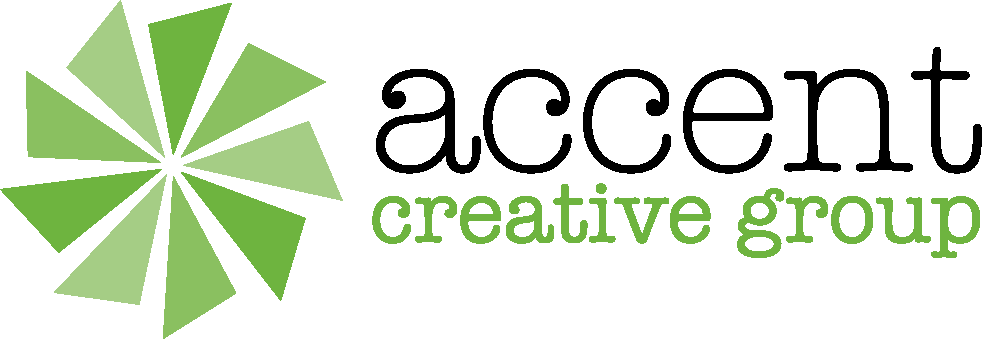August is Water Quality Month

Gwinnett County residents are incredibly blessed with a highly skilled, engaged, and effective Department of Water Resources (DWR). Over the last two decades, it has invested nearly $1 billion to ensure that the water it processes and later returns to the environment is among the highest quality in the country. As a matter of fact, after a blind taste test and vote, The Georgia Association of Water Professionals recently named Gwinnett County’s drinking water as the best-tasting in the state in 2022. Every day, DWR produces more than 70 million gallons of water to be used by the residents and businesses of Gwinnett County. Its two drinking water facilities provide safe, clean drinking water from Lake Lanier – Gwinnett County’s sole water source. Serving the nearly one million residents that call Gwinnett County “home,” that water is delivered to homes, businesses, and other facilities via almost 4,000 miles of distribution pipes. The dedicated team at DWR also provides sustainable protection of local water bodies. At Gwinnett Clean & Beautiful, we are honored to partner with them regularly on our year-round Adopt-A-Stream Program, annual Great Gwinnett Wetlands event, and bi-annual Household Hazardous Waste Collection Days.
While it’s clear that there is a treasure trove of ways that DWR works diligently to protect Gwinnett’s water quality, there are several ways YOU can help, too! Here are eight water-protecting practices you can begin incorporating into your daily life right away…
1. Ensure Your Water and Sewer Systems are Properly Maintained
If you are a homeowner who receives services from the Department of Water Resources in Gwinnett, you are responsible for the water and sewer systems inside your home and on your property. This includes your sewer lateral, water service lines, backflow preventer, sanitary backwater device, and plumbing system. Basically, everything on the customer’s side of the water meter is your responsibility as the property owner to maintain, repair, or replace. Call a certified plumber if you suspect an issue with your water or sewer line. And be sure to practice caution when planting trees or building certain structures, such as fencing, anywhere near the easement that butts up to your property. Easements often contain publicly owned underground pipes, utility cables, or other infrastructure. To avoid potential issues, call 811 before you dig. Learn more
2. Learn What NOT to Flush
It’s important to remember that toilets are not trash cans. A good rule of thumb to practice yourself and pass along to family members is that only water, toilet paper, and human waste should be flushed. Things like “flushable” wipes, paper towels, feminine hygiene products, cotton balls and Q-tips, kitty litter, hair, and cigarette butts may not make it through your sewer lateral. That means, as more items collect in your system, it may cause a backup in your home, costing hundreds or even thousands of dollars in plumbing repairs and restoration costs, all of which would be your responsibility. Learn more
3. Don’t Pour Fats, Oils, and Grease Down the Drain
Pouring grease, discarded cooking oil, or fatty food scraps down the drain can wreak havoc on the County’s sewer system. Every little bit adds up and can create major clogs and sewage spills. Don’t think that hot water and a food disposal will help break it up or water it down. It will simply congeal once cooled further down the line. Bear in mind that just one teaspoon of fats, oils, and grease poured down the drain by every person in Gwinnett County is the equivalent of dumping 18 55-gallon drums directly into the sewer system. And remember, if the clog happens on your property, it is your responsibility to take care of it, and depending on the spill’s size, there could also be a fine. Learn how to properly dispose of Fats, Oils, and Grease (FOG)
4. Practice Water Conservation
If you remember nothing else from this article, it’s important to note that FRESH WATER IS A FINITE RESOURCE. You can make simple changes at home to help reduce water waste in Gwinnett. Consider swapping your household appliances for more water-efficient models. Don’t leave the water running unnecessarily – like when you’re brushing your teeth or getting ready to hop in the shower. Learn more
5. Regularly Check for Leaks Around Your Home
Another essential way to practice water conservation is to check for leaks regularly, then have any you find repaired ASAP. Beyond puddles of water on the floor or water stains on the ceiling, unexpectedly high water bills may signal a possible leak inside or outside your home. Leaks account for over 10,000 GALLONS OF WATER WASTE in the average home yearly. Learn some simple steps for detecting a leak
6. Protect Waterways by Protecting Storm Drains
You can protect our waterways and the local ecosystems surrounding them by preventing pollutants from flowing into our storm drains, streams, and rivers. Attending events like our Household Hazardous Waste Collection Day is an excellent step towards ensuring proper disposal of things like weed killers, pesticides, and more. Also, collect and properly dispose of lawn clippings – which can clog storm drains and pipes. And pick up after your pets so their waste doesn’t get washed into the storm drains. Believe it or not, pet waste is one of the largest and most detrimental sources of water contamination in Georgia streams. Learn more
7. Maintain Your Septic Tank
An estimated 30% of Gwinnett County residents are on septic systems – representing one of the greatest concentrations of septic systems in the United States. Buried underground, these personal wastewater treatment systems collect wastewater from homes, house solids in a septic tank and discharge liquid waste to an absorption field. Millions of gallons of wastewater enter the soil daily in Gwinnett and return to the natural water table. If not properly maintained, a septic system may fail, leading to backups in the home’s sewer system or the release of raw, untreated sewage into groundwater and our local streams. It can also mean costly repairs or the need to replace the system altogether. Learn more
8. Take Part in Our Adopt-A-Stream Program
Georgia Adopt-a-Stream enables citizen scientists to collect baseline water quality data to observe the conditions of our local streams and become more aware of pollution and water quality issues. Unfortunately, many streams in Gwinnett do not currently meet established state water quality standards. That’s why we need your help!
You and your family, neighbors, co-workers, or group could serve as official “keepers” of a portion of a creek or stream by periodically monitoring its condition with supplies, training, and certifications in chemical, bacterial and macroinvertebrate testing provided by Gwinnett Clean & Beautiful and the Department of Water Resources. Learn how YOU can adopt a stream in Gwinnett.
It’s that easy! We also encourage you to volunteer for an upcoming stream cleanup and our annual Great Gwinnett Wetlands and participate in our next Household Hazardous Waste Collection Day. To stay on top of our latest eco-friendly tips, be sure to bookmark www.GwinnettCB.org and visit our blog often. We also invite you to connect with us on social media on Facebook, Instagram, LinkedIn, and Twitter.



